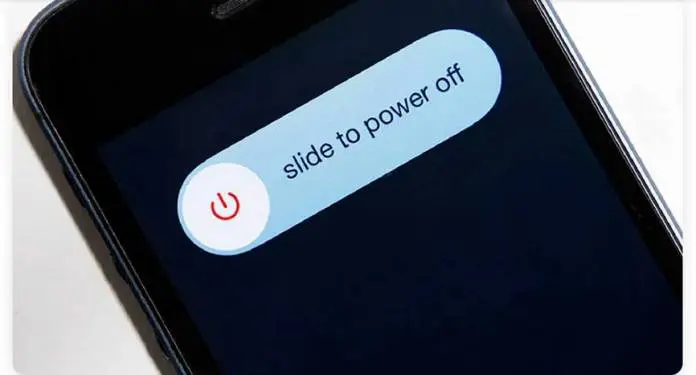
The prime minister of Australia, Anthony Albanese, has advised everyone to shut down their phones for 5 minutes every day. He hinted that this will disrupt any potential smartphone hacking attempts and safeguard your online security.
While cybersecurity experts agree with Albanese, they opined that this advice is not 100% effective deterrence to cyber threats.
“We all have a responsibility,” the Australian prime minister had said. “Simple things: turn your phone off every night for 5 minutes. For people watching this, do that every 24 hours, do it while you’re brushing your teeth or whatever you’re doing.”
Cybersecurity analysts said switching off your phone completely and then turning it on again every 24 hours – or once a week according to the US National Security Agency (NSA) – could deter hackers from stealing your data or monitoring your usage pattern in any way.
They said rebooting your phone frequently removes specific malicious codes that are injected into the phone’s memory, and it forces idle apps that are running in the background to shut down. The daily ritual of shutting down your phone also recalibrates the operating system in a way that frustrates the efforts of criminals on the prowl.
While this effort can be helpful significantly, experts said cyber-terrorists have gone rogue and fully unconventional in their methods. Online criminals have been known to release malware that becomes persistent threats to run without detection in the background of many smartphones.
This spyware can continue to operate without detection even when the apps that launched them have been disabled or deleted, and they can survive when phones are rebooted or shut down for any significant period of time. Shutting down your phone will render the spyware inactive, but they come alive again when the phone starts up because they are designed that way.
This means that there is no harm in implementing PM Albanese’s advice, but phone users may need to do more to fully protect their phones from hackers. These may mean deleting unused or unwanted apps, completely logging out of apps when they are not in use, effectively managing the privacy settings of all apps, frequently clearing your browsing history, setting a PIN code for your SIM card, turning off your location, and setting a strong lock code for your phone screen.










